In today’s competitive digital landscape, having a beautiful website isn’t enough. If your site isn’t SEO-optimized, it might never be found by your target audience. Whether you’re building your first website or revamping an old one, this beginner-friendly guide will show you how to design with SEO in mind — so your site not only looks great but also ranks well.
What Is SEO-Optimized Website Design?
SEO (Search Engine Optimization)-optimized design refers to the process of creating a website that’s easy for both users and search engines to navigate, understand, and rank. It involves everything from how your site is structured to how fast it loads and how relevant your content is.
Why Is SEO-Optimized Design Important?
Increased Visibility: Higher rankings = more clicks.
Better User Experience (UX): Google rewards websites that are easy to navigate and mobile-friendly.
Higher ROI: Organic traffic is free and long-term.
Key Elements of SEO-Optimized Website Design
1. Mobile Responsiveness
Over 70% of web traffic comes from mobile. Use responsive design so your website looks great on all screen sizes.
2. Site Speed
A slow website leads to high bounce rates and poor rankings. Optimize images, use fast hosting, and enable caching.
3. Clean URL Structure
Use readable and keyword-rich URLs like:www.yoursite.com/seo-website-design
Avoid:www.yoursite.com/page?id=23
4. Secure with HTTPS
Google favors secure websites. Make sure your website uses an SSL certificate (https:// instead of http://).
5. Proper Heading Tags
Use H1 for the main title, H2 for sub-sections, and so on. This helps both users and search engines understand your content.
6. Keyword Placement
Include relevant keywords in:
Page titles
Meta descriptions
Headers
First 100 words
Image ALT tags
On-Page SEO Best Practices
Use your focus keyword naturally throughout the content.
Add internal links to related blog posts/pages.
Use external links to authoritative websites.
Optimize images with descriptive file names and ALT text.
Examples of SEO Tools
| Tool | What It Does |
|---|---|
| Yoast SEO | WordPress plugin for content optimization |
| Ubersuggest | Keyword research and competitor analysis |
| Google Search Console | Monitors search performance |
| Ahrefs | Advanced backlink and keyword analysis |
Image Optimization Tips
Compress images using TinyPNG
Use descriptive ALT tags (e.g.,
alt="mobile-friendly web design").Choose next-gen formats like WebP for faster loading.
Sitemap & Robots.txt
A sitemap tells search engines what pages to index.
The
robots.txtfile controls crawler access to your site.
Final Thoughts
SEO-optimized website design isn’t just for experts. As a beginner, if you focus on user experience, speed, and structure, you’ll already be ahead of many competitors.
Whether you’re building from scratch or hiring a professional, ensuring your site is optimized for search engines is one of the smartest decisions you can make.
Need Help With SEO Website Design?
We help businesses in Nigeria and beyond design SEO-optimized websites that rank and convert. Contact us today to get started!



